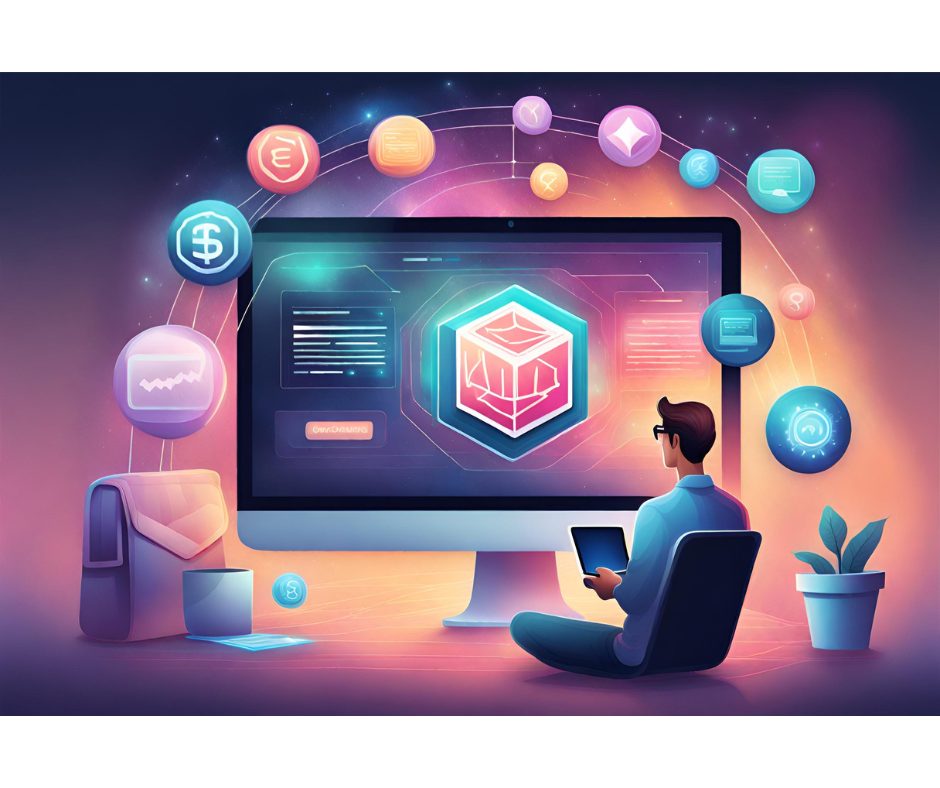Analysts and experience IT chiefs agree that even relatively junior IT managers are being called upon to understand more and more about the businesses they support. But does that mean they need to become business people, to the extent of adding an MBA to their technology credentials?
Maybe, imply the analysts.
Absolutely not, say former CIOs.
IT managers absolutely need to understand how their businesses work, but they probably don’t need formal credentials in it to do well in IT, according to Susan Cramm, who served as both CIO and CFO for different divisions of PepsiCo, and who now runs the Valuedance coaching service for other CIOs.
In fact, too many CIOs come from business backgrounds, with just enough seasoning in IT to be able to sling acronyms in the board room and sound credible in budget meetings, Cramm says.
“What people don’t understand about CIOs — being able to build the enabling architectures, building tools for the business units, requires incredibly high-level integration capability,” Cramm says. “That requires more technology skills, not less.”
In the very short term – months rather than years – understanding the jargon and basic assumptions of one specific business function – finance or operations, for example — might seem more important than technical concerns. Longer-term, though, managing the underlying data and technology infrastructure is so complex that non-specialists simply won’t be able to build the systems from the ground up to make them agile and adaptable enough to give business-unit partners the capabilities they need to do their jobs effectively, she says.
IT managers need a deep understanding of how their businesses work, but it’s better to absorb that information by on-the-job osmosis or in industry-specific training rather than more general-purpose business education from MBA programs, she says.
Of 1,500 CIOs surveyed by Gartner, Inc. for its Gartner Executive Programs in January, 85 percent see changes coming over the next three years that will increase even more the expectations business units have for IT.
Changing business processes, helping to develop new products and services are accustomed roles for IT already, and the business responsibilities of CIOs continue to expand, Gartner’s report said.
Though business training might help in that situation, the expectations being placed on IT are overwhelming the confidence of CIOs that they can deliver the goods, causing them to focus on IT capabilities more sharply than ever before, Gartner’s report concludes.
A February, 2007 survey from Forrester Research found that 59 percent of CEOs were happy with the performance of their CIOs, but that only 28 percent saw them as offering proactive leadership and 24 percent said IT would lead only when pushed.
A deeper analytical understanding of business processes and IT’s role in them, the report says, would improve CIOs’ ability to innovate in both IT and business.








